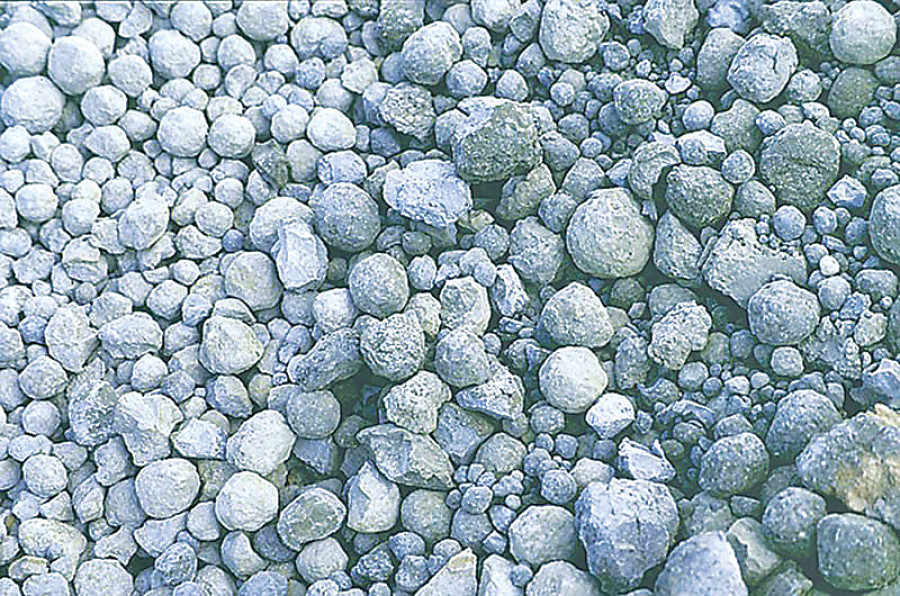Money
Clinker import bill surges 33 percent
Nepal’s clinker import bill jumped 33 percent in the first four months of the current fiscal year due to surge in demand for cement, a key construction material.
Shanker Acharya
Nepal’s clinker import bill jumped 33 percent in the first four months of the current fiscal year due to surge in demand for cement, a key construction material.
The country spent Rs3.2 billion to import 340 million kg of clinker, a crucial raw material for production of cement, via Birgunj customs point in the period between mid-July and mid-November. In the same period a year ago, the country had imported 310 million kg of the raw material worth Rs2.4 billion through the customs office at Birgunj, which is the largest in Nepal.
Nepal has set a target of making the country self-reliant in production of cement. But this seems like a far-fetched plan considering the volume of imports of the raw material.
Nepal has huge deposit of limestone, which is used for production of clinker. Yet production has remained low because of high cost involved in setting up of plants needed to manufacture the raw material. Hence, many cement factories here choose to import clinker.
However, clinker production has been gradually going up in the country over the years, as a number of cement factories have started producing the raw material. Yet high demand for cement in the market and inability of cement companies to produce adequate quantity of the raw material have compelled many to import the product.
Demand for cement has jumped in the country since the reconstruction works began after earthquakes of April and May, 2015. Also, rapid construction of hydropower projects has pushed up demand for the construction material. Nepal imports most of the clinker from Jharkhand and Odisha of India. The government levies customs duty of Rs2,400 and value added tax of 13 percent on import of every ton of clinker.
Most of the cement factories located at Bara-Parsa industrial corridor, which is in the vicinity of the Birgunj customs point, meet 80 to 85 percent of their clinker requirement through imports from India. Jagadamba, Ambe, Nepal Shalimar, Star, Narayani, Bishwokarma, Shree, Krishna, RMC, International cement factories located at Bara-Parsa industrial corridor import clinker from India, according to Santosh Yadav, information officer at Birgunj Customs Office. Also, Makwanpur-based Shivam Cement imports clinker from India for cement production, Yadav said.
Of the cement factories operating on Bara-Parsa industrial corridor, Nepal Shalimar produces clinker on its own, but it is not sufficient to meet its own demand.
“The clinker we produce meets only 10 percent of our demand,” said Ashok Vaidya, a promoter of the factory. “We do want to raise the production, but the cost of setting up a plant to manufacture clinker is quite high, which we cannot afford. If we can draw foreign investment to set up clinker production facilities, we can stop capital flight and make Nepal self sufficient in production of cement.”




 21.31°C Kathmandu
21.31°C Kathmandu














